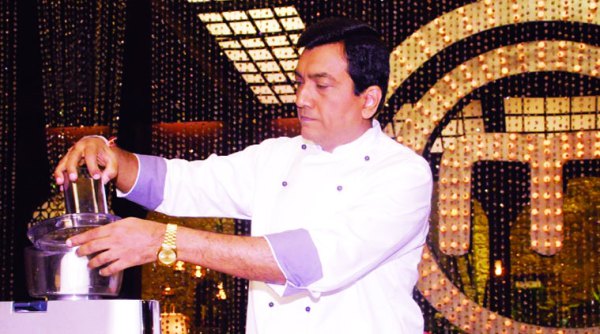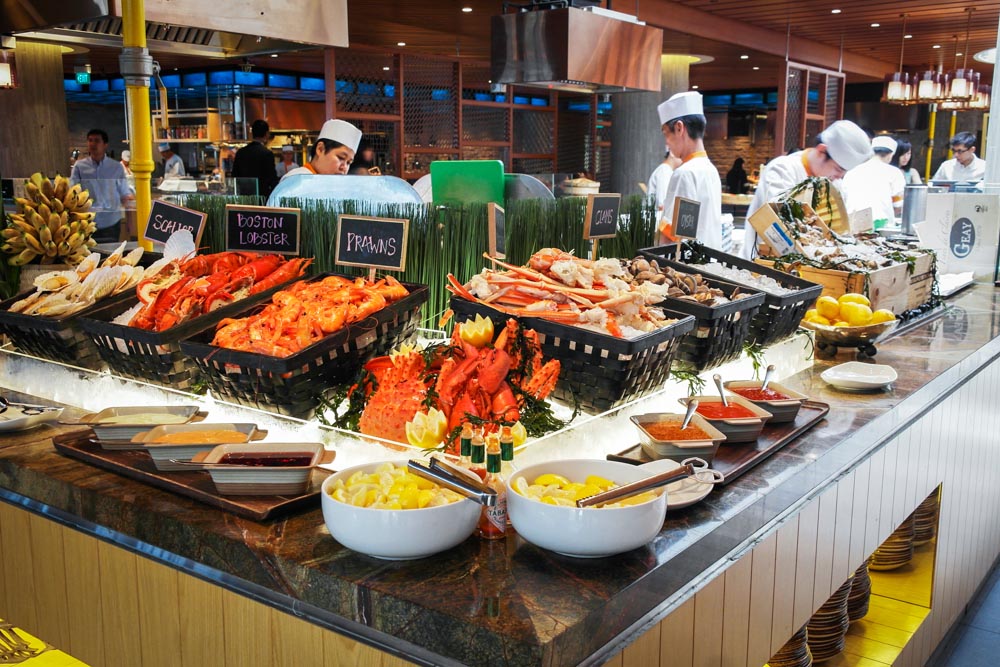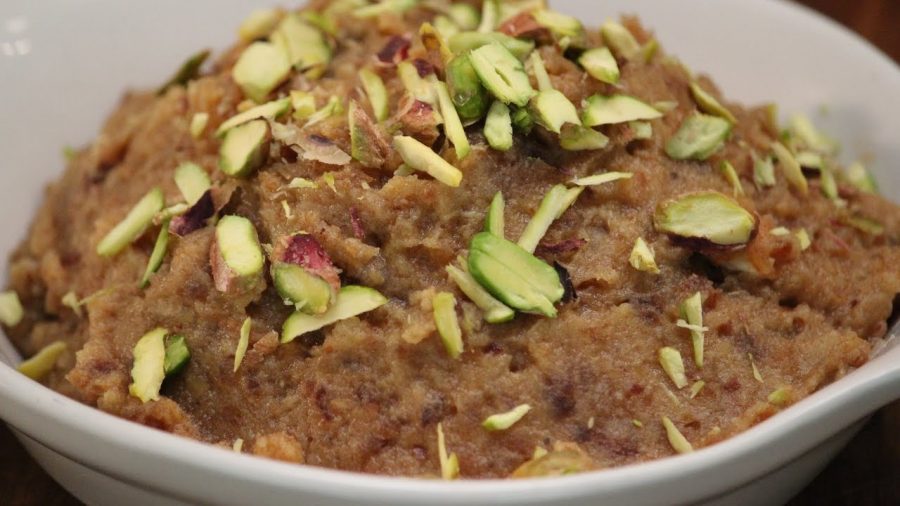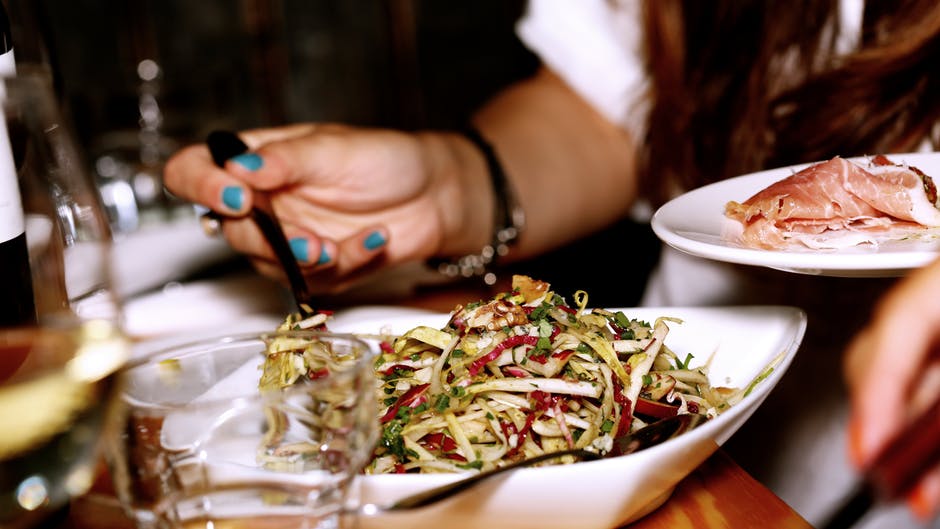India is recognised for many things; from architecture and history to religion and people, it is a country of diversity and vibrancy. It is also a country in which more than 500 million vegetarians live – that is more vegetarians than the rest of the world combined. In this, the world’s second most populous country, 42% of households steer clear of meat, fish and eggs and instead choose to enjoy the tastes and health benefits that a vegetarian diet brings with it.
These figures can be put down to (in part) the religious principles and dietary rules advocated in Hinduism, Jainism and other religions practiced in the country. With religion playing such a huge part in people’s lives across India, the reality of so many meat-free homes becomes a bit clearer. Saying that, it is also fair to note that these figures are also not considered totally accurate as the majority of Indian Hindus do not class people who eat eggs as vegetarians.
Exact figures aside, in a country where vegetarianism is so ingrained into culture and society, it is little surprise that Masterchef India has decided to take the plunge and go completely veggie too. However, this news has been met with mixed reactions. For many in India, they welcome the news and see it as the perfect opportunity for contestants to showcase their creativity and push vegetarian dishes to the next level. Others in the same camp see it is a step in the right direction to revive vegetarianism, which is increasingly being seen as out of vogue by younger generations.
However, not everyone has greeted the news in such an enthusiastic way. This could be due to the fact that although there are huge numbers of vegetarians in India, there are also plenty of people (namely, the remaining 48% of the population, or thereabouts) who are happy to tuck into meat and fish. Those opposed to the decision feel that it is limiting the show’s appeal and the creativity of the chefs. They also consider it an odd choice for the producers to make. The argument is that going 100% veggie is not representative of India’s population as a whole. And they might have a point.
Regardless of which side of the argument is right, the fact remains that Masterchef India is now a meat- and fish-free zone. However, it will continue to attract brilliant chefs who are keen to show the nation the magical dishes they can create in the kitchen – whatever ingredients they are using.
There are some chefs who are continually pushing boundaries within the kitchen and you will find many of these chefs working hard at some of London’s best known fine dining Indian restaurants. Fine Indian Restaurants is a group that runs three of the very best – Veeraswamy, Chutney Mary and Amaya. All three of these establishments are recognised for their innovative dishes (Amaya is Michelin-starred), and all are passionate about the traditions and customs associated with authentic Indian cuisine. These restaurants showcase dishes that bring classic recipes bag up to date – whether vegetables, pulses, meat, fish, eggs or more.





